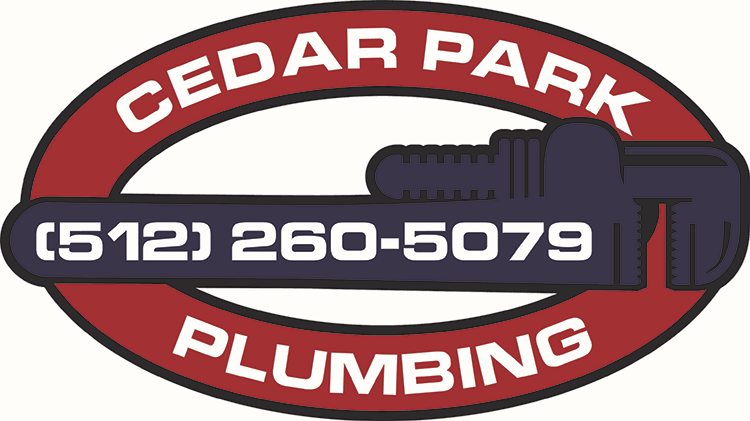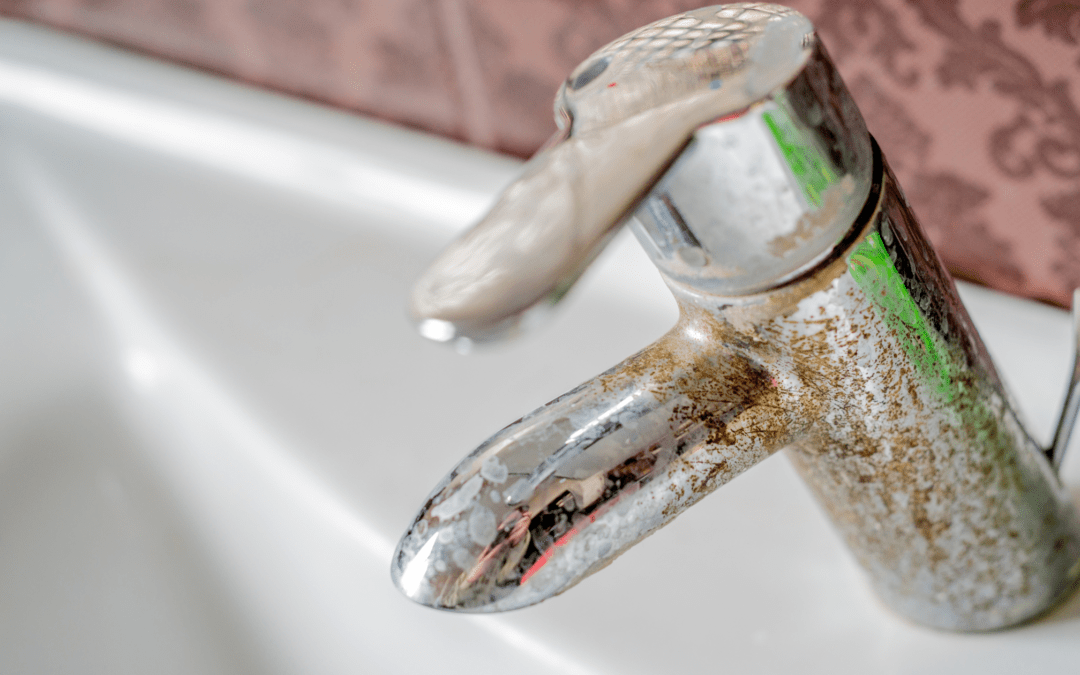If you’ve noticed spots on your dishes or faucets, or if your skin feels dry and itchy – you may have hard water. Hard water is a common problem that affects many households across the nation. Having hard water can wreak havoc on your pipes, appliances, and clothing. In this blog post, we will explain how to identify hard water and what you can do to fix the problem. If you have plumbing issues or are looking for plumbing services, don’t hesitate to contact us.
Look for stains
A telltale sign of hard water is stains or residue on your bathroom and kitchen appliances. Look for brown or orange spots on dishware, sinks, and showerheads. These stains are a result of mineral buildup from calcium and magnesium in the water. If you see these stains, it’s likely you have hard water.
Check your bills
If you notice your water bill consistently increasing, it may be due to hard water. The minerals in hard water can cause buildup in pipes, making it difficult for water to flow. This can lead to higher water bills and even plumbing issues. If you see suspicious changes in your water bills, it’s a good indication to check for hard water.
Observe skin and hair
Hard water can be unforgiving on your skin and hair. The minerals in hard water can strip your skin and hair of its natural oils, leading to dryness, itchiness, and even eczema. If you notice your skin and hair feeling dry and uncomfortable after showering, it may be due to hard water.
Test your water
The best way to check if you have hard water is by testing it. You can purchase a testing kit online or from a hardware store. A test kit can determine the level of hardness by measuring how many grains per gallon of minerals are present in your water. If your test results show 1-3 grains per gallon, your water is considered soft. Anything above 3 grains per gallon indicates hard water.
Consider a water softener
If you have hard water, you may want to invest in a water softener. A water softener is a device that removes minerals from water by exchanging them with sodium ions. This process can help prevent mineral buildup in pipes and appliances, protect your clothing, and improve the overall quality of your water. A licensed plumber can help you install a water softener and provide maintenance as needed.
Conclusion
Hard water is a common issue that can lead to several problems in your home. By identifying the signs of hard water, you can take the necessary steps to protect your pipes, appliances, clothing, and skin. If you need plumbing services related to hard water or any other plumbing issues, our expert plumbers are just a phone call away.

